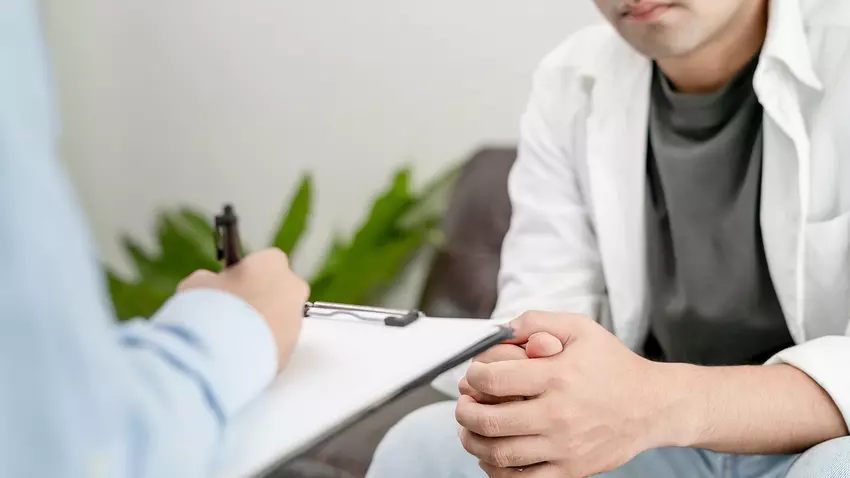Find treatment for substance use
Substance use treatment services are provided to adult and older adults that have substance use and mental health needs. Services are offered in a trauma-informed, culturally and linguistically competent coordinated system of care. Services are provided to all people, regardless of gender, race, ethnicity, or sexual orientation. We offer services in multiple languages including English, Spanish, Mandarin, Vietnamese and Tagalog.
Walk me through the process
To get alcohol and drug treatment, please call the Behavioral Health Services Call Center.
After you call the Behavioral Health Services Call Center, a telephone representative will ask you a few questions about your situation.
Services
Traditionally known as detox, withdrawal management is for those who are using substances daily and are unable to stop treatment on their own or who are already in withdrawal and need additional supervision that does not require medical care from a doctor or nurse. We provide a safe environment that allows client to begin their recovery. Client begin treatment when they are physically able to participate and will then be screened and referred to the next appropriate level of care.
Services take place in a facility providing 24 hours per day, seven days per week. Residential detoxification services range from 1 to 7 days. Referrals to medical care are provided if necessary.
Who can receive withdrawal management services?
Anyone living in Santa Clara County having problems with the daily use of alcohol and other substances.
Withdrawal management providers
- Pathway Mariposa Lodge, Phone: (408) 281-6555
- Telecare - Muriel Wright Recovery Center SUTS Phone: (408) 780-0755
- Pathway House Phone: (408) 642-1325
Clients can receive on-going support after treatment, individual and group counseling, relapse prevention, recovery monitoring or linkage to support groups to assist their recovery.
Recovery services include:
- Weekly or monthly recovery coaching
- Monitoring via telephone and internet
- Peer-to-peer support
- Relapse prevention
- Linkages to life skills, housing, transportation, self-help, spiritual, job training, education, and family support.
Residential treatment is a structured, live-in program at a licensed treatment facility for clients who are having problems with daily use of alcohol and drugs. Separate facilities are available for men, women, and women with children. Residential treatment settings support clients’ efforts to recover from substance use disorder.
Services include:
- Comprehensive assessment of a clients’ alcohol and substance use over time
- Individual and group counseling
- Crisis and family counseling
- Education on substance use
The length of residential services depends on an assessment of an individual’s needs.
Perinatal residential treatment
We provide perinatal residential treatment for women with substance use disorders to both non-perinatal and perinatal clients. These services include
- Women-specific treatment and recovery
- A woman may enter treatment for substance use disorder during their pregnancy any time during their pregnancy and can stay for up to 120 days following delivery
- They live on the premises and are supported in their efforts to restore, maintain, and apply interpersonal and independent living skills and access community support systems prior to birth, through childbirth and post-delivery care
- In addition to recovery, treatment focuses on parenting and child development
- Pregnancy-related services include all care normally provided during pregnancy, prenatal care, care during labor and delivery, postpartum care, and family planning, examinations and labor and delivery
- Medical necessity qualification for ongoing receipt of services is determined initially and at least every six months through a reauthorization process
The residential perinatal program follows the Perinatal Services Network Guidelines.
Residential treatment providers
Recovery residences, previously known as transitional housing, are structured and safe living environments for clients who are engaged in outpatient treatment and need a safe space or temporary housing. It provides a great opportunity for clients to develop a support system while receiving outpatient services.
Recovery residential are available to men, women, pregnant women, women with children, men with children, individuals with co-occurring disorders, and individuals coming from custody in need of substance use treatment.
